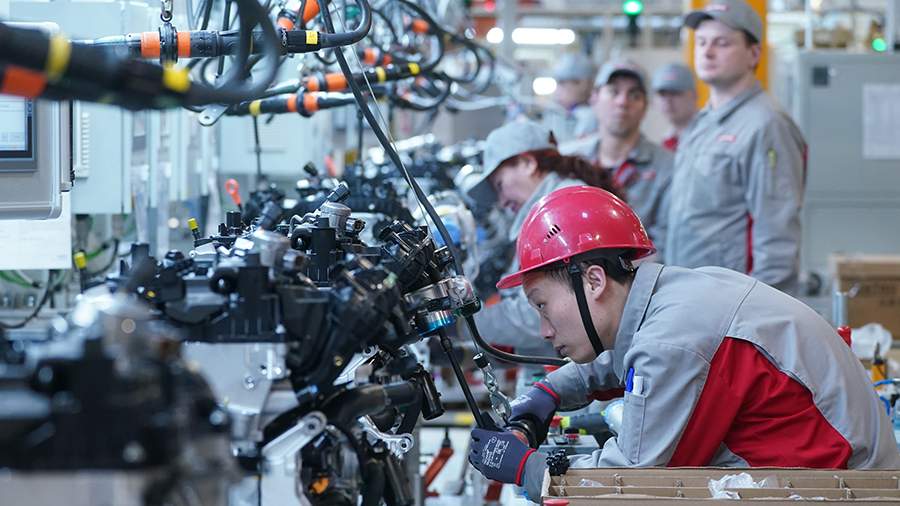There are no decisions or proposals on restrictions yet, but decisions are scheduled for Friday.
5.1. 19:27 | Updated 5.1. 20:35
On the board new restrictions are being negotiated in an attempt to slow the spread of the omicron transformation.
According to Helsingin Sanomat, on Wednesday the SOTE ministerial group discussed, among other things, distance learning in schools. No decisions were made at the meeting, but according to HS, the Ministry of Social Affairs and Health (STM) intends to recommend switching to distance learning.
Chief of Staff of STM Kirsi Varhila confirm Over the conversation. He tells Yle that the ministry is proposing to start the spring term for schools during the distance learning period.
The presentation will certainly be made to the government’s coronation ministerial group, which is expected to meet on Friday.
According to HS, STM intends to send a letter of intent to the municipalities and regional administrations instructing the temporary closure of the premises under section 58 g of the Communicable Diseases Act.
In practice, this means a strong recommendation that the authorities close all customer, participant and waiting areas open to the public or intended for the residence of a limited circle of clients or participants.
Possible distance learning decisions are made by the providers of teaching, but the government can give a broad recommendation on distance learning.
Recommending distance learning in schools would be a difficult decision for all governing parties. Negotiations will continue with the government coronary ministerial group, which meets for the first time at that time.
Social- and the Ministry of Health is very concerned about what opening up schools would mean to society’s core functions.
Currently, a significant proportion of infections are in people under 18 years of age.
If infections spread more and more from homes to schools, it could mean that adults are increasingly in either voluntary quarantine or out of work at home infected.
There may also be a shortage of teachers because omikron spreads so easily.
The Department of Health and Welfare, THL, has, at least so far, considered that schools should be kept open because the disease in children is mostly mild.
Government may recommend to the organizer of education, ie in most cases the municipalities, to introduce section 20 of the Basic Education Act, according to which exceptional arrangements may be made in teaching, ie in practice distance learning for a maximum of one month at a time.
Under current law, the restriction cannot apply to pre-school pupils, pupils in grades 1 to 3 in primary education, or to a group of pupils with special needs for their learning and schooling.
With the government there are now very few ways to quickly curb the worsening epidemic.
In Wednesday’s talks, the ruling parties went through what means the government still has in its choices without declaring exceptional circumstances and introducing a stand-by law.
Regional restrictions may be added somewhat, but their effectiveness is uncertain. Regional administrations have already closed a wide range of events and facilities.
There is also a moral problem with additional restrictions that, under current law, facilities for fitness, for example, can be closed, but bars can be used during the day, even with a large group.
Under current law, restaurant drinking and opening hours can only be regulated after 5 p.m.
The Sote Ministerial Group also discussed the possibility of introducing a rapid change in the law that could also close restaurants during the day. There are no decisions on this either, but according to HS, STM is likely to propose an amendment to the law that will allow restaurants to close completely.
Minister of Education Li Andersson (left) wrote on Twitter on Wednesday that he says it can’t be the case that an adult can go to a bar for a day but a high school student can’t go to school.
In negotiations it was also discussed how to allocate health care personnel to the most essential tasks.
This may mean, for example, that the traceability work would not use a health care professional but other people who have received traceability training.
Last the option is to establish exceptional circumstances and introduce the necessary emergency law.
This would mainly be a regulation under the Emergency Preparedness Act, which increases the obligation for health care personnel to work in accordance with the employer’s regulations.
The Standby Act also allows an employer to hire 18-67 year olds in both the public and private health care sectors who have received training in the field.
The announcement of exceptional circumstances was reportedly not discussed on Wednesday.
Even the emergency law may not help with the shortage of hospital staff caused by omicron, as the problem is that staff are ill and patients cannot be assigned to work.
.
#Restrictions #STM #intends #propose #switching #schools #distance #learning #data #Government #considers #full #closure #restaurants







